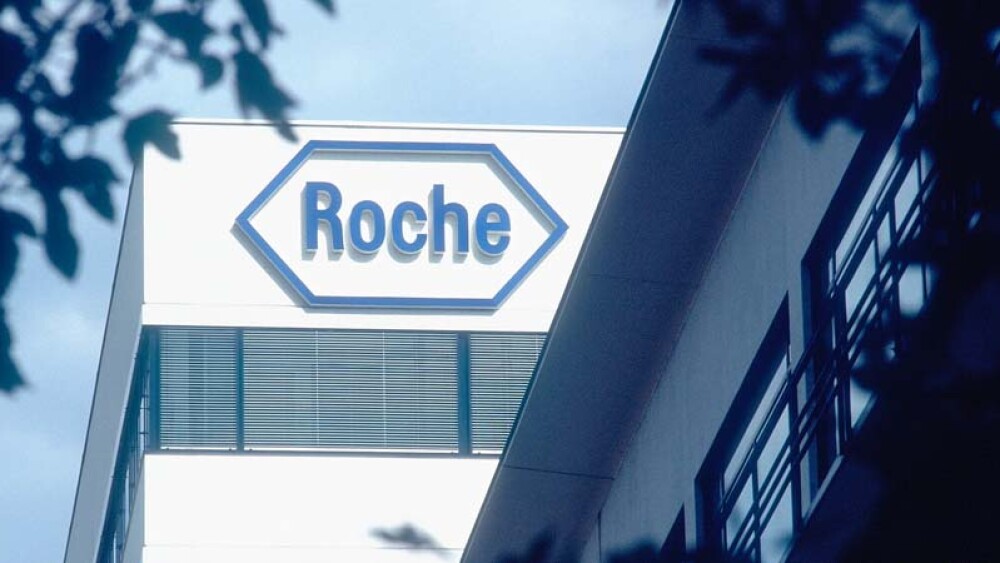Craig Dees, CEO of Provectus treated the company as “his own personal piggy bank” by submitting hundreds of falsified records to obtain $3.2M for personal expenses
Craig Dees, the former chief executive officer of Tennessee-based Provectus Biopharmaceuticals, treated the company as “his own personal piggy bank” by submitting hundreds of falsified records to obtain $3.2 million for personal expenses, the U.S. Securities and Exchange Commission said on Tuesday.
The SEC filed charges in Tennessee this week against Dees. According to the SEC, Dees used the corporate money for his own benefit. Treating the company accounts as if it were his own, the SEC said Dees obtained the funds “using limited, fabricated, or non-existent expense documentation.” Additionally, the SEC said the reimbursements were not disclosed to company investors. Instead of the corporate travel he said the money was for, Dees used cash advances to pay for personal expenses such as cosmetic surgery for female friends, restaurant tips, and personal travel, the SEC said.
Dees resigned as CEO in February 2016. One month later the company announced an internal investigation found some irregularities, including the altering of receipts in relation to some travel documents.
In addition to Dees, the SEC said Provectus’ former chief financial officer Peter Culpeper, who served as interim-CEO after Dees, allegedly obtained $199,194 in unauthorized and undisclosed perks and benefits. Culpepper used those funds for personal expenses, the SEC said. Provectus terminated Culpepper in December 2016 for “improper expense reimbursements.” Culpepper agreed to pay $152,376 in fines and penalties and also agreed to be suspended from appearing and practicing before the SEC as an accountant.
As part of its investigation, the SEC concluded that “Provectus’ insufficient internal accounting controls contributed to and failed to detect these improper and unauthorized payments, which were not accurately recorded in the company’s books and records.” Provectus was not financially penalized by the SEC for the issue, the company said.
On Tuesday, Provectus announced it reached a settlement with the SEC in connection with the investigations. In accepting the settlement offer, the SEC ordered the Company to “cease and desist from committing or causing any violations and any future violations” of certain provisions of the Securities Exchange Act of 1934, the company said. The SEC ordered Provectus to “fully remediate the material weaknesses” previously identified in the company’s filings.
Dominic Rodrigues, chairman of the Provectus board of directors, said the SEC was able to use the information learned from its own internal investigations to reduce that agency’s time and resources as it conducted its own investigation.
“We believe Provectus has addressed the material weaknesses identified in our settlement with the SEC. Provectus may not yet conclude that internal controls over financial reporting are presently effective because remediation testing has not been conducted for a sufficient period of time. Achieving effective controls is the company’s near-term goal,” Rodrigues said in a statement.
With the investigation now over, Rodrigues said the settlement will allow Provectus to focus its resources on “the drug development work required to advance the delivery of accessible and affordable healthcare care around the globe through PV-10, the first small molecule oncolytic immunotherapy for solid tumor cancer, and PH-10, a topical application that mediates multiple psoriatic disease pathways.”





